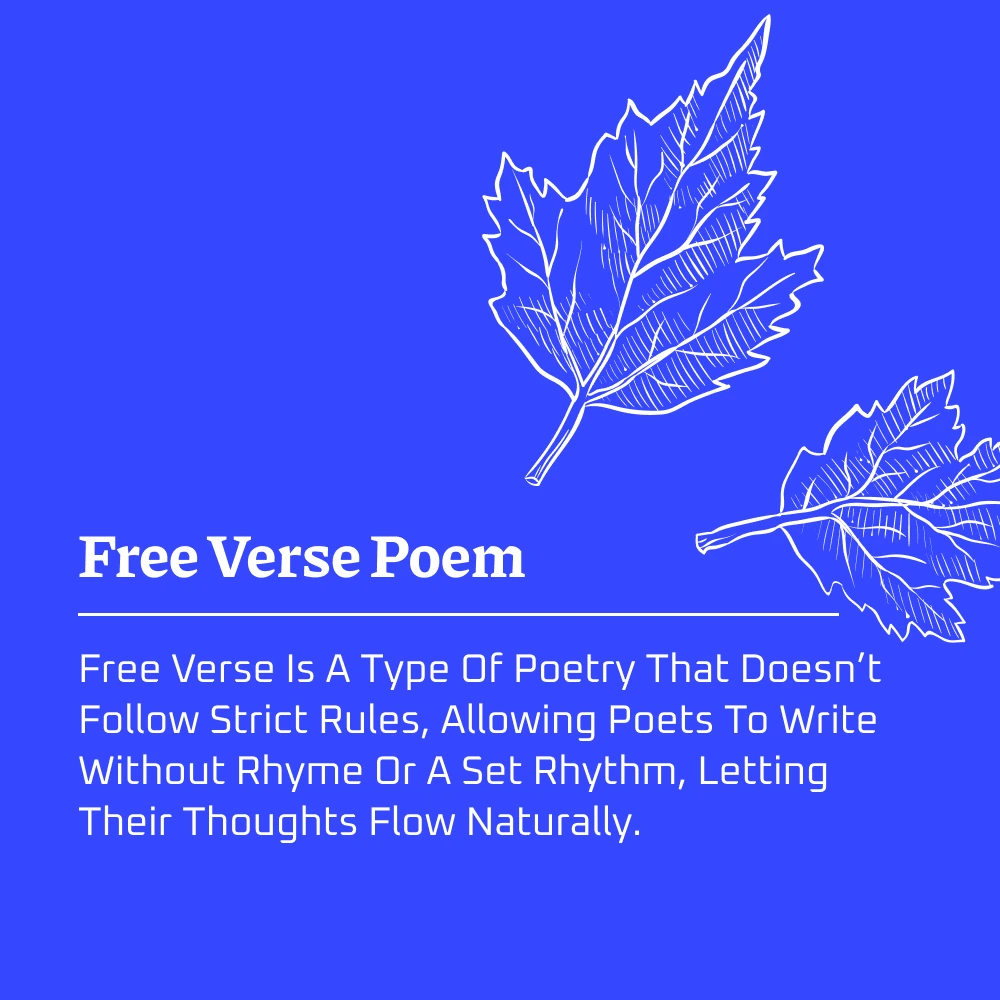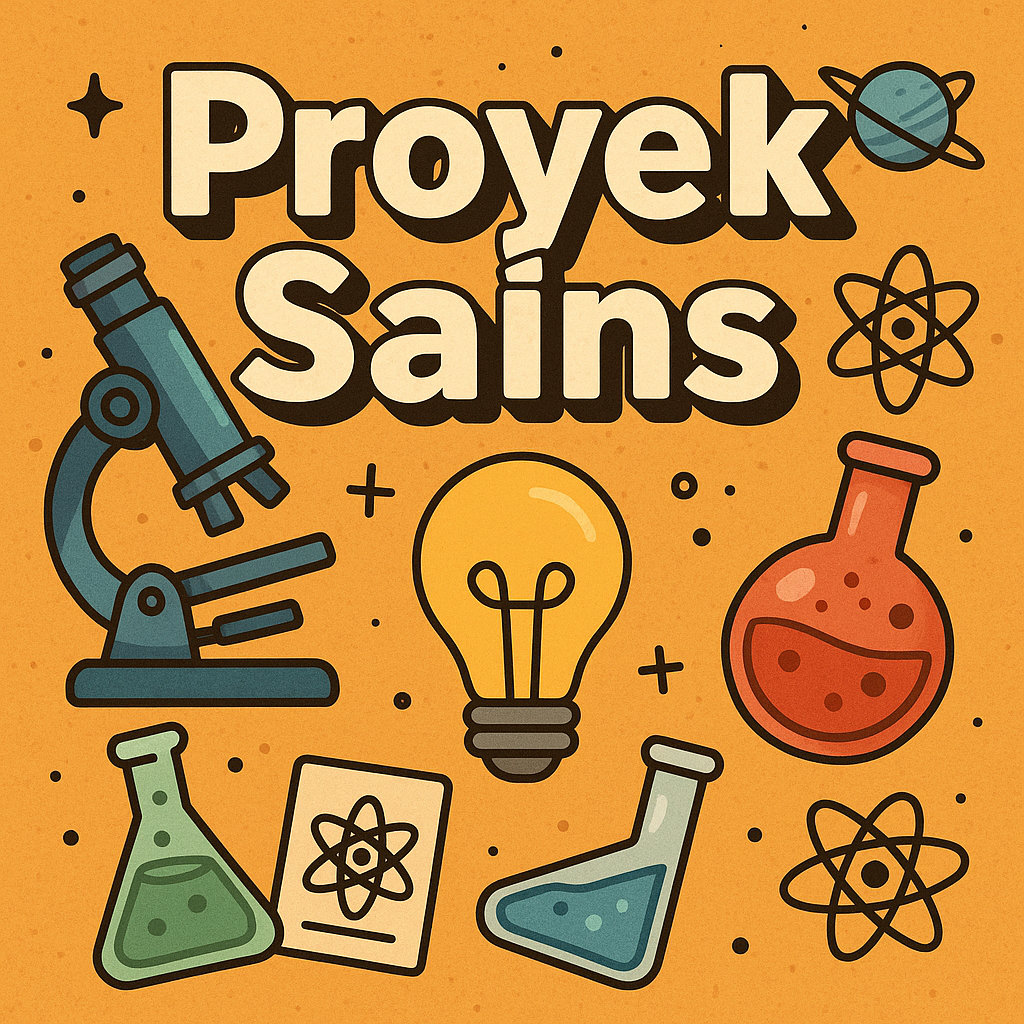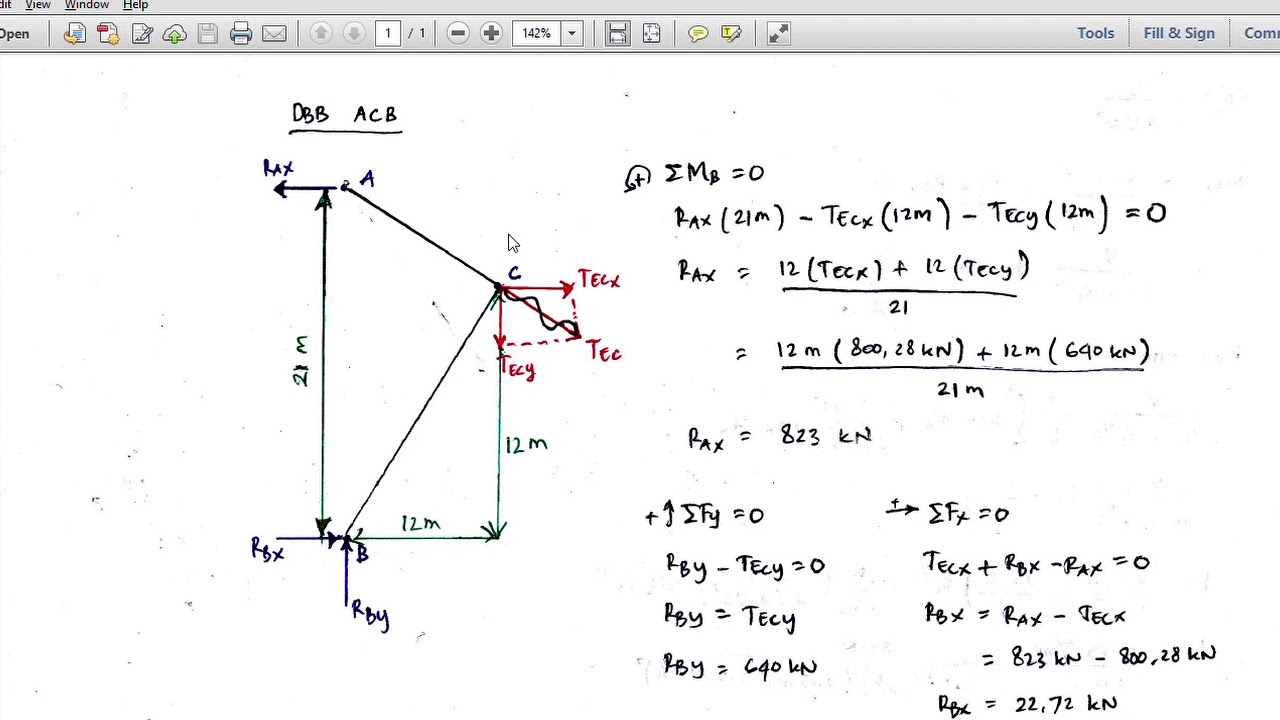
Free verse is where poetry breaks free. It doesn’t follow traditional patterns of rhyme or meter. It’s unpredictable, raw, and uniquely personal. And for many writers (and readers), it’s the most honest form of expression poetry has to offer.
📝 What Is Free Verse?

Free verse is poetry that does not adhere to fixed forms, such as:
-
Rhyme schemes
-
Meter (like iambic pentameter)
-
Specific line lengths or stanza structures
Instead, it relies on natural rhythms of speech, imagery, tone, and emotional impact. It gives poets the freedom to follow thought, feeling, and breath—instead of form.
If traditional poetry is classical music, free verse is jazz—fluid, improvisational, and full of surprises.
📜 A Brief History of Free Verse
While people have written unrhymed poetry for centuries, modern free verse took off in the late 19th and early 20th centuries. Poets wanted to break away from rigid forms and embrace more natural expression knowledge.
Influential voices in free verse:
-
Walt Whitman – Often seen as the godfather of free verse in America (Leaves of Grass still stuns readers today)
-
T.S. Eliot – Brought free verse into modernism with layered, complex works like The Love Song of J. Alfred Prufrock
-
Ezra Pound & William Carlos Williams – Embraced image-focused, stripped-down poetic language
-
Langston Hughes – Used free verse to express the rhythms of jazz, blues, and Black life in America
These poets—and many who came after—used free verse to write about identity, politics, love, nature, grief, joy… everything that matters.
🔍 How Free Verse Works Without Rules
You might ask: If there’s no rhyme or rhythm, how is it even poetry?
Great question. While free verse doesn’t follow traditional structure, it still uses poetic tools like:
✨ Imagery
Free verse often paints vivid pictures that evoke emotion, place, or mood.
The wind moved through the wheat like a memory not yet formed.
✨ Line Breaks
Poets control where each line ends, which influences pacing, emphasis, and meaning.
I thought I was
free,
but the silence
said otherwise.
✨ Repetition & Sound
Even without rhyme, free verse can use alliteration, assonance, and repeated phrases to build rhythm.
This is how we fall.
This is how we break.
This is how we become.
✨ Tone & Voice
Since there’s no form to hide behind, voice becomes everything. Free verse often feels intimate, direct, and emotional.
✍️ Tips for Writing Free Verse Poetry
Want to give it a try? Here are a few ways to get started:
1. Write like you talk—then strip it down
Start with a thought or memory. Don’t worry about form yet. Then read it aloud and break lines where the emotion lands.
2. Use strong imagery
Concrete images ground your poem in real feeling. Show, don’t tell.
Instead of: I was sad
Try: The glass cracked quietly in my hand.
3. Experiment with line breaks
Think of the pause at the end of a line as a way to create tension or surprise.
4. Read your poem out loud
If it flows naturally, you’re on the right track. If it feels awkward, adjust the rhythm or phrasing.
5. Revise ruthlessly
Free verse is freeing, but not messy. Cut what doesn’t add meaning, and polish your language until it feels intentional—even if it’s free.
🌿 Why Free Verse Matters
Free verse gives poets a space to explore without boundaries. It’s perfect for:
-
Expressing emotion in a raw, personal way
-
Writing about complex topics without needing to “fit the mold”
-
Capturing fleeting thoughts or scenes like snapshots
-
Developing your own voice as a writer
It’s not better or worse than traditional poetry—it’s just a different path. But for many, it’s a path to authentic creative expression.
✅ Final Thoughts: Poetry Without a Cage
Free verse proves that poetry doesn’t need a rhyme to sing. When you free yourself from structure, what you find can be even more powerful—your voice, your story, your truth.
So the next time you have a thought you can’t quite shape into neat lines or couplets, don’t force it. Let it break, spill, pause, drift. Let it be free.
Because sometimes, that’s exactly where the real poetry lives.
Related Posts
 Faculty Achievements: Recognizing Exceptional Contributions—Stories They Won’t Tell in The Brochure
Faculty Achievements: Recognizing Exceptional Contributions—Stories They Won’t Tell in The Brochure
 Proyek Sains dan Kreativitas dalam Pembelajaran Modern
Proyek Sains dan Kreativitas dalam Pembelajaran Modern
 Desentralisasi dan Dampaknya bagi Kehidupan Sosial Masyarakat
Desentralisasi dan Dampaknya bagi Kehidupan Sosial Masyarakat
 Mengenal Mekanika Material: Fondasi Penting Dunia Teknik yang Wajib Dipahami Mahasiswa
Mengenal Mekanika Material: Fondasi Penting Dunia Teknik yang Wajib Dipahami Mahasiswa



